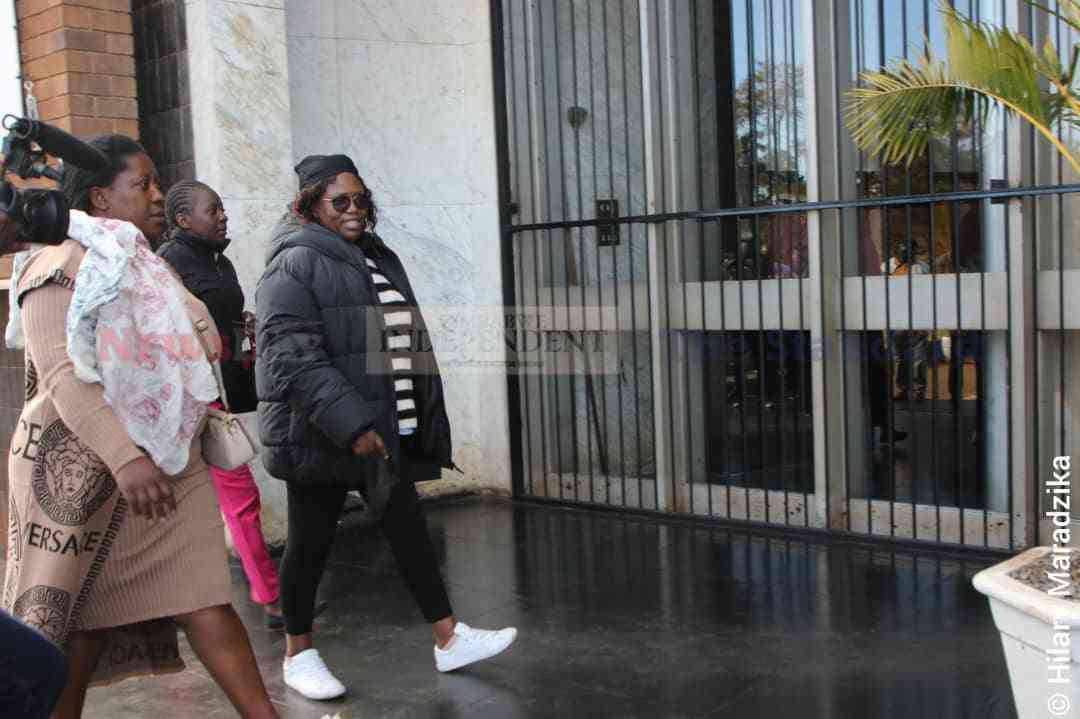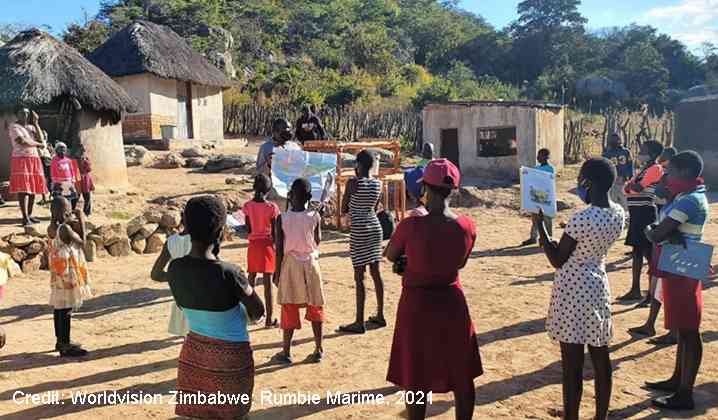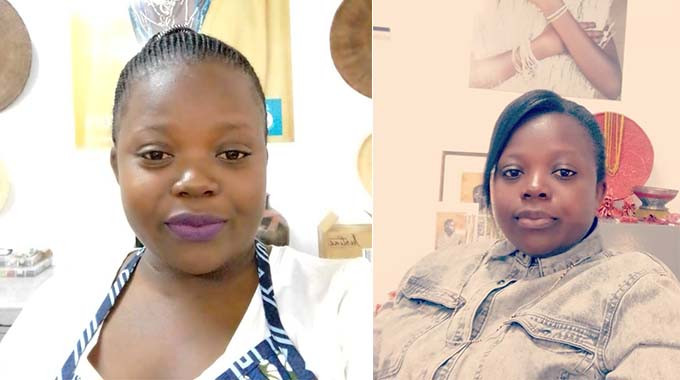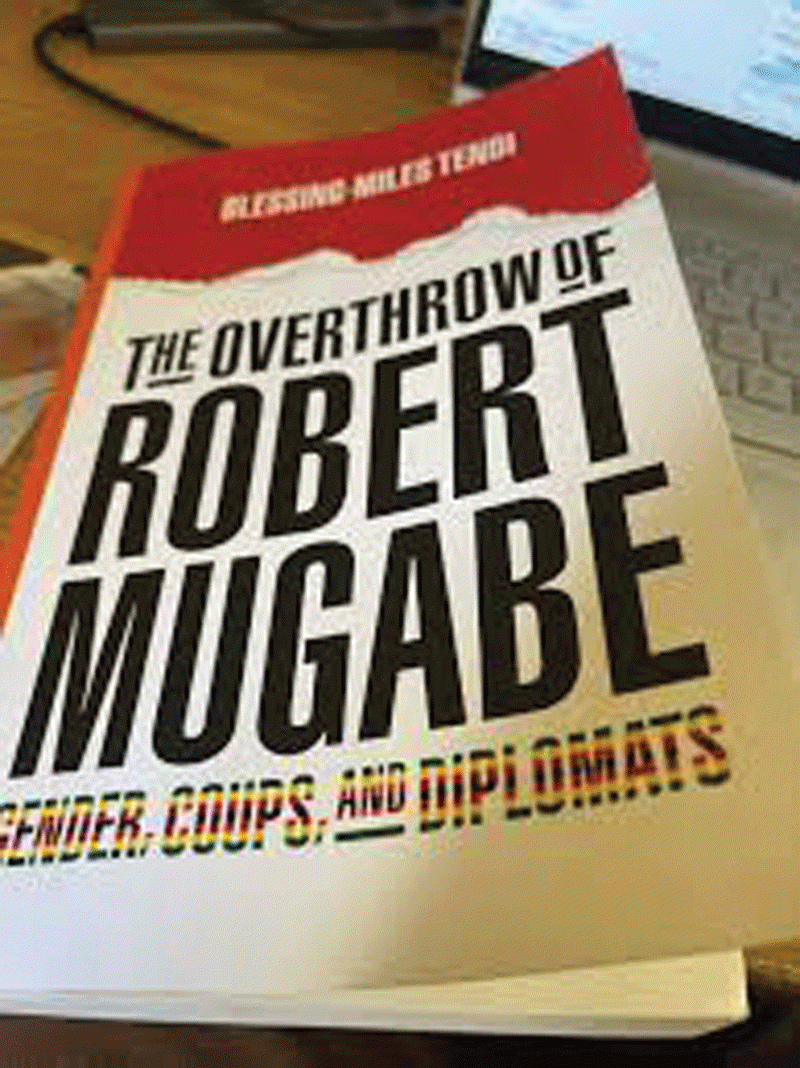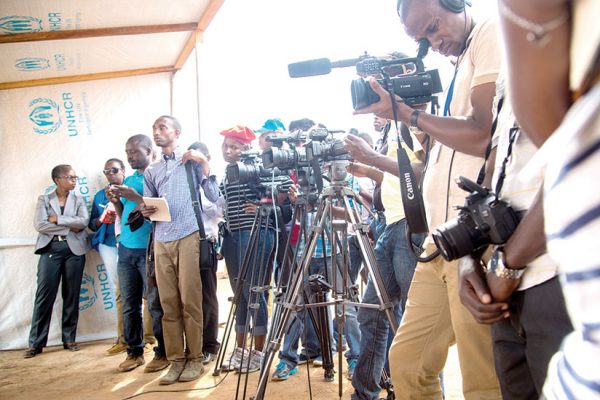
By Style Reporter
A prominent African jurist, Justice Oagile Bethuel Dingake, has challenged the media to play a more significant role in creating greater awareness on the concept of Bodily Autonomy and Integrity (BAI) and its applicability in the context of law and human rights, in order to vindicate the primary right of all: the right to human dignity.
He said this in a presentation on BAI, Human Rights and the Law at a three-day virtual Bodily Autonomy and Integrity regional media training programme organised by the Aids & Rights Alliance for Southern Africa (ARASA).
The UNFPA defines Bodily Autonomy (BA) as “the power and agency to make choices over our bodies and futures, without violence or coercion.” It also defines Bodily Integrity, as the right to “live free from physical acts to which they do not consent.”
Justice Dingake, a sitting judge of the Supreme and National Courts of Papua New Guinea and Court of Appeal of Seychelles, said the media today plays a pivotal role in the development of any society and ensures the realisation of rights.
“The media ensures free flow of information to the public. It educates and informs. Today’s media does not only give facts to the public but analyses same and comments on the facts, which in turn shapes the views of the people,” he said.
“It also draws attention to gaps in national legal frameworks and how they may not measure up to the International Bill of Human Rights.
“It is therefore incontrovertible that the media must understand the location and content of BAI in the broader context of law and human rights. This is critical in order to enable the media to properly frame and disseminate information that can be of benefit to all people especially the vulnerable and marginalised sections of society.”
- Chamisa under fire over US$120K donation
- Mavhunga puts DeMbare into Chibuku quarterfinals
- Pension funds bet on Cabora Bassa oilfields
- Councils defy govt fire tender directive
Keep Reading
Justice Dingake said some of the common ways in which BAI was violated included; forced sterilisation and contraceptive use, rape, forced and child marriage, female genital mutilation, ‘honour’ killings, marital rape, and denial of Comprehensive Sexuality Education.
He said the social groups most vulnerable to these forms of violence were women and children, more so in societies where patriarchal attitudes and practices have remained entrenched.
“For instance, as the UNFPA (2021) observes, recent attempts to measure bodily autonomy show that ‘only 55% of girls and women are able to make their own decisions’ regarding bodily autonomy and integrity issues, while about 71% of countries have laws guaranteeing access to overall maternity care,” said the judge.
He said it has also been noted by the UN that women enjoy just 75% of the legal rights of men.
“Evidently, there are huge gaps in terms of women’s recognition as equal humans to their male counterparts especially in terms of their Bodily Autonomy and Integrity,” said Justice Dingake.
“Some challenges to achieving BAI also include, but are not limited to; aggravating rather than mitigating legal frameworks, economic marginalisation, endurance of patriarchal values and practices and attitudinal and other barriers against key populations.”
He said given this rather bleak outlook on women and other members of society’s enjoyment of bodily autonomy and integrity, it was imperative to bring society’s attention to this social ill.
“One of the most important social actors, whose activities may worsen and mitigate bodily autonomy and integrity rights, are news media,” said Justice Dingake.
“Ideally speaking, and in their performance of normative roles in society, news media are expected to highlight and flag inequalities in society. They must shine light on violations of human rights and critically analyse structural factors that tend to create and sustain marginality, as well as undermine bodily autonomy and integrity.
“Depending on what they choose to report on, how they do so and the way their own sociological practices are organised, news media can either promote bodily autonomy and integrity or undermine it,” he said.
Namibia-based communication and advocacy specialist Moses Magadza said while there has been notable coverage of issues that fall in the category of BAI in many countries, the majority of the articles were event-driven.
“One senses infantilisation of beneficiaries of BAI-related initiatives in that their voices are conspicuously absent and officials and powerful members of societies speak for them,” Magadza said.
He said organisations working on BAI issues must partner with the media to build the capacity of journalists to write or report BAI issues from an evidence point of view.

